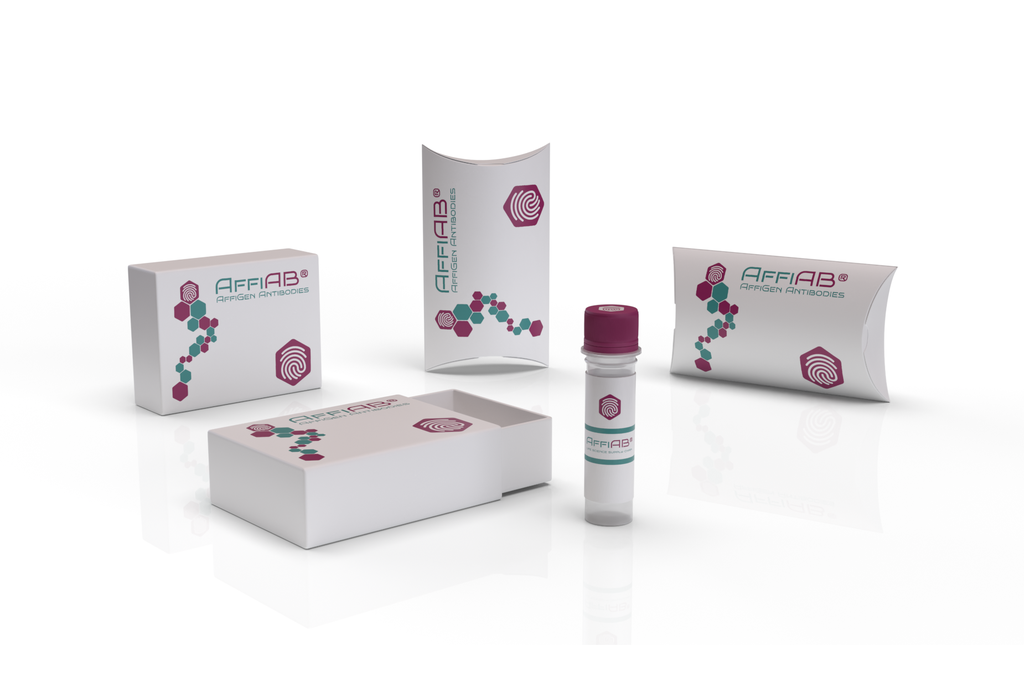AffiAB® Anti-Sall4 Antibody
Sal-like protein 4 (SALL4) is a transcription factor encoded by a member of the Spalt-like (SALL) gene family, SALL4. The SALL genes were identified based on their sequence homology to Spalt, which is a homeotic gene originally cloned in Drosophila melanogaster that is important for terminal trunk structure formation in embryogenesis and imaginal disc development in the larval stages. [7] [8] There are four human SALL proteins (SALL1, 2, 3, and 4) with structural homology and playing diverse roles in embryonic development, kidney function, and cancer. [9] The SALL4 gene encodes at least three isoforms, termed A, B, and C, through alternative splicing, with the A and B forms being the most studied. SALL4 can alter gene expression changes through its interaction with many co-factors and epigenetic complexes. It is also known as a key embryonic stem cell (ESC) factor. The various SALL4-null mouse models mimic human mutations in the SALL4 gene, which were shown to cause developmental problems in patients with Okihiro/Duane-Radial-ray syndrome. SALL4 expression is low to undetectable in most adult tissues with the exception of germ cells and human blood progenitor cells. In breast cancer, Signal transducer and activator of transcription 3 (STAT3) has been reported to directly activate SALL4 expression.
Antibody type
Rabbit polyclonal Antibody
Uniprot ID
SwissProt: Q9UJQ4 Human
Recombinant
NO
Conjugation
Non-conjugated
Host
Rabbit
Isotype
IgG
Clone
N/A
KO/KD
N/A
Species reactivity
Human
Tested applications
WB, IHC-P
Predicted species reactivity
N/A
Immunogen
Recombinant protein within human Sall4 aa 1-200 / 1, 053.
Storage
Store at +4°C after thawing. Aliquot store at -20°C. Avoid repeated freeze / thaw cycles.
Form
Liquid
Storage buffer
1*TBS (pH7.4) , 0.2% BSA, 50% Glycerol. Preservative: 0.05% Sodium Azide.
Concentration
1 mg/mL.
Purity
Immunogen affinity purified.
Signal pathway
N/A
Recommended dilutions
WB: 1:500-1:2, 000
; IHC-P: 1:200-1:1, 000
Molecular Weight
112 kDa
Subcellular location
Nucleus, Cytoplasm.
Positive control
CAL-62 cell lysates, human seminoma tissue.
